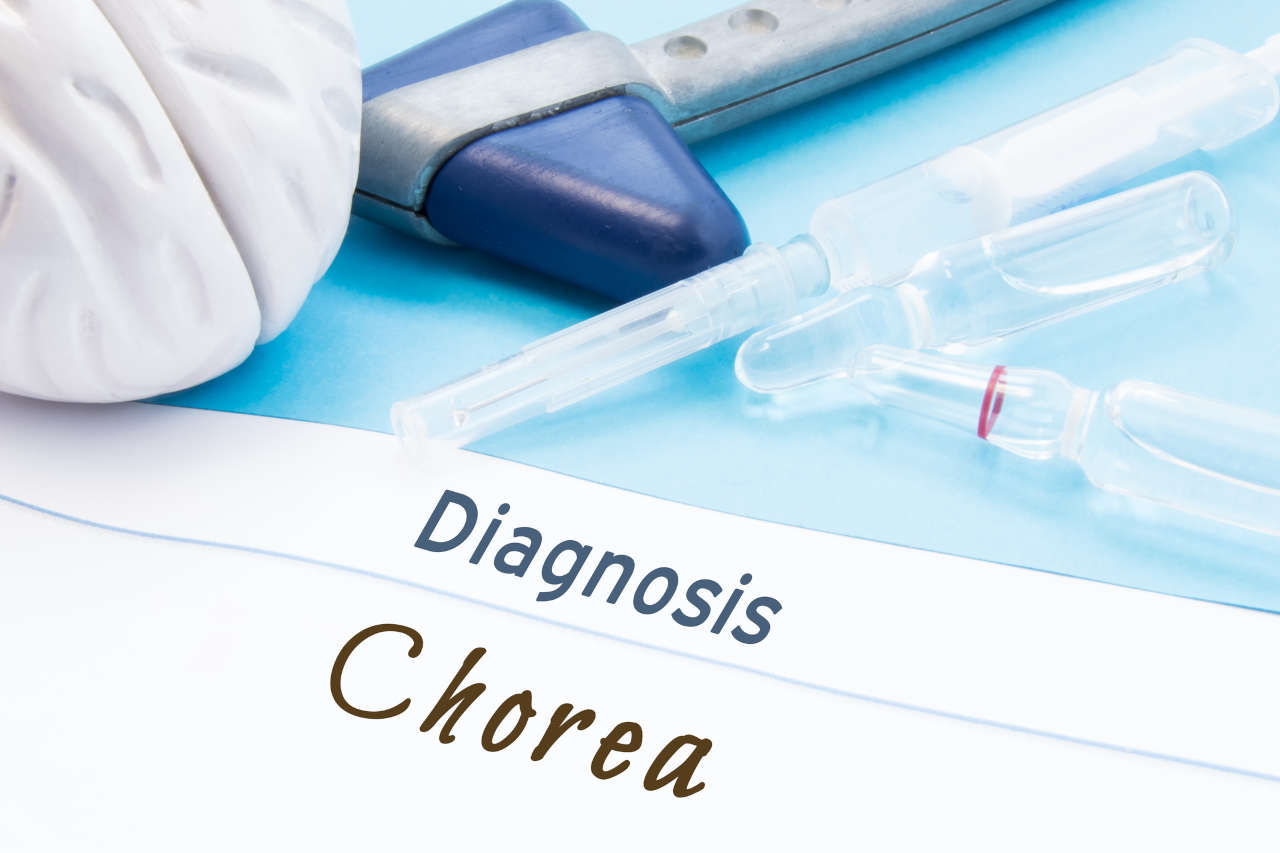
Austedo is a medication that has gained a lot of attention in recent years for its ability to treat certain neurological and psychiatric conditions. It was approved by the US Food and Drug Administration (FDA) and is widely used to manage involuntary movements associated with Huntington’s disease, a genetic disorder that affects the nervous system.
Speak to a Specialist
About Copay AssistanceAustedo has also been found to be effective in treating tardive dyskinesia, a condition that causes repetitive, involuntary movements of the face and body.
This article will explore the drug Austedo, how it works, its potential side effects, and its use in treating various medical conditions.
What Is Austedo?
Austedo is a prescription medication used to treat the involuntary movements (chorea) associated with Huntington’s disease, a rare genetic disorder that affects the nervous system.
Since its approval by the US Food and Drug Administration (FDA) in 2017, Austedo has become vital for managing symptoms of Huntington’s disease, which can be debilitating and significantly impact the quality of life.
Austedo is the brand name for deutetrabenazine, a medication that belongs to a class of drugs known as vesicular monoamine transporter 2 (VMAT2) inhibitors. VMAT2 is a protein found in specific brain cells responsible for transporting neurotransmitters such as dopamine, serotonin, and norepinephrine from the cytoplasm of the cell into synaptic vesicles.
By inhibiting VMAT2, Austedo reduces the amount of dopamine released into the synapse, which helps to control involuntary movements and other symptoms associated with Huntington’s disease and tardive dyskinesia.
What Is Austedo Used For?
Austedo is prescribed to treat chorea, a type of involuntary movement disorder commonly associated with Huntington’s disease. Chorea is characterized by rapid, unpredictable, and jerky movements that can affect various body parts, including the face, limbs, and trunk.
Austedo is also used to treat tardive dyskinesia, a condition characterized by involuntary movements of the face and body that can occur as a side effect of long-term use of certain medications. Austedo is typically prescribed by a doctor and should be taken exactly as directed.
How Is Austedo Used?
Austedo is to be taken orally as directed by a healthcare professional. The dosage and duration of treatment may vary depending on the individual’s condition and response to treatment. It is essential you follow your doctor’s instructions and take the recommended dose.
Austedo tablets should be taken with food to improve absorption and reduce the risk of gastrointestinal side effects. The tablets should be swallowed whole and not crushed, chewed, or broken.
How Does It Work?
Deutetrabenazine, the active ingredient in Austedo, works by inhibiting the activity of a protein called vesicular monoamine transporter 2 (VMAT2) in the brain. VMAT2 is responsible for packaging dopamine and other neurotransmitters into vesicles within nerve cells, which are then released into the synapse when a nerve impulse arrives.
By inhibiting VMAT2, deutetrabenazine reduces the amount of dopamine released into the synapse, thereby decreasing the dopamine levels available to activate dopamine receptors on other nerve cells.
By reducing excessive dopamine signaling in certain areas of the brain, deutetrabenazine can help to alleviate the abnormal movements and other symptoms associated with movement disorders like chorea and tardive dyskinesia.
Side Effects

Like any medication, Austedo can have side effects, although not everyone who takes it may experience them. Common side effects of Austedo include:
- Drowsiness
- Fatigue
- Dry mouth
- Diarrhea
- Depression
- Restlessness
- Parkinsonism (slowness of movement, stiffness, tremors)
- Akathisia (an inner sense of restlessness that can make it difficult to sit still)
Less common but more severe side effects may include:
- Suicidal thoughts or behaviors
- Neuroleptic malignant syndrome (a potentially life-threatening reaction to antipsychotic medications)
- QT prolongation (an abnormal heart rhythm that can be life-threatening)
It is important to tell your doctor if you experience any side effects while taking Austedo, especially if they are severe or persistent. Your doctor may need to adjust your dose or switch you to a different medication.
Get Austedo Copay Assistance
Get Prior AuthorizationDrug Dosage
The dosage of Austedo varies depending on the condition being treated and other factors such as the patient’s age, weight, and overall health.
The recommended starting dose for chorea associated with Huntington’s disease and tardive dyskinesia is 6 mg twice daily, which may be increased gradually to a maximum dose of 48 mg daily.
You should not change your dose or stop taking the medication without first consulting your doctor. You should also inform your healthcare provider if you experience any side effects or if your symptoms do not improve with treatment.
Precautions
Before using Austedo:
- Inform your doctor about your medical history, especially if you have liver or kidney problems, depression, suicidal thoughts, or if you take any other medications.
- Follow the dosage instructions carefully as prescribed by your doctor. Do not take more or less than the recommended dose.
- If you are pregnant or breastfeeding, discuss the risks and benefits with your doctor before using Austedo.
After using Austedo:
- Be cautious while driving or operating machinery, as Austedo may cause drowsiness or dizziness.
- Follow up with your doctor to monitor the medication’s effectiveness and adjust the dosage as necessary.
- Report any adverse reactions or side effects, such as worsening depression or suicidal thoughts, to your doctor immediately.
- Do not stop using the medication abruptly without consulting your doctor, as this may cause withdrawal symptoms.
- Store Austedo at room temperature and away from moisture and heat.
- Keep Austedo out of reach of children and pets
Cost
The cost of Austedo can vary depending on your location, dosage, and insurance coverage. The average retail price for a 30-day supply of Austedo 6 mg tablets is about $1,200 to $1,500 without insurance.
However, the cost may be lower or higher depending on where you buy the medication and the dosage prescribed by your doctor.
Keep in mind that many insurance plans and copay programs cover Austedo, which can significantly lower patient costs. Copay assistance is available to people who have trouble affording the medication.













